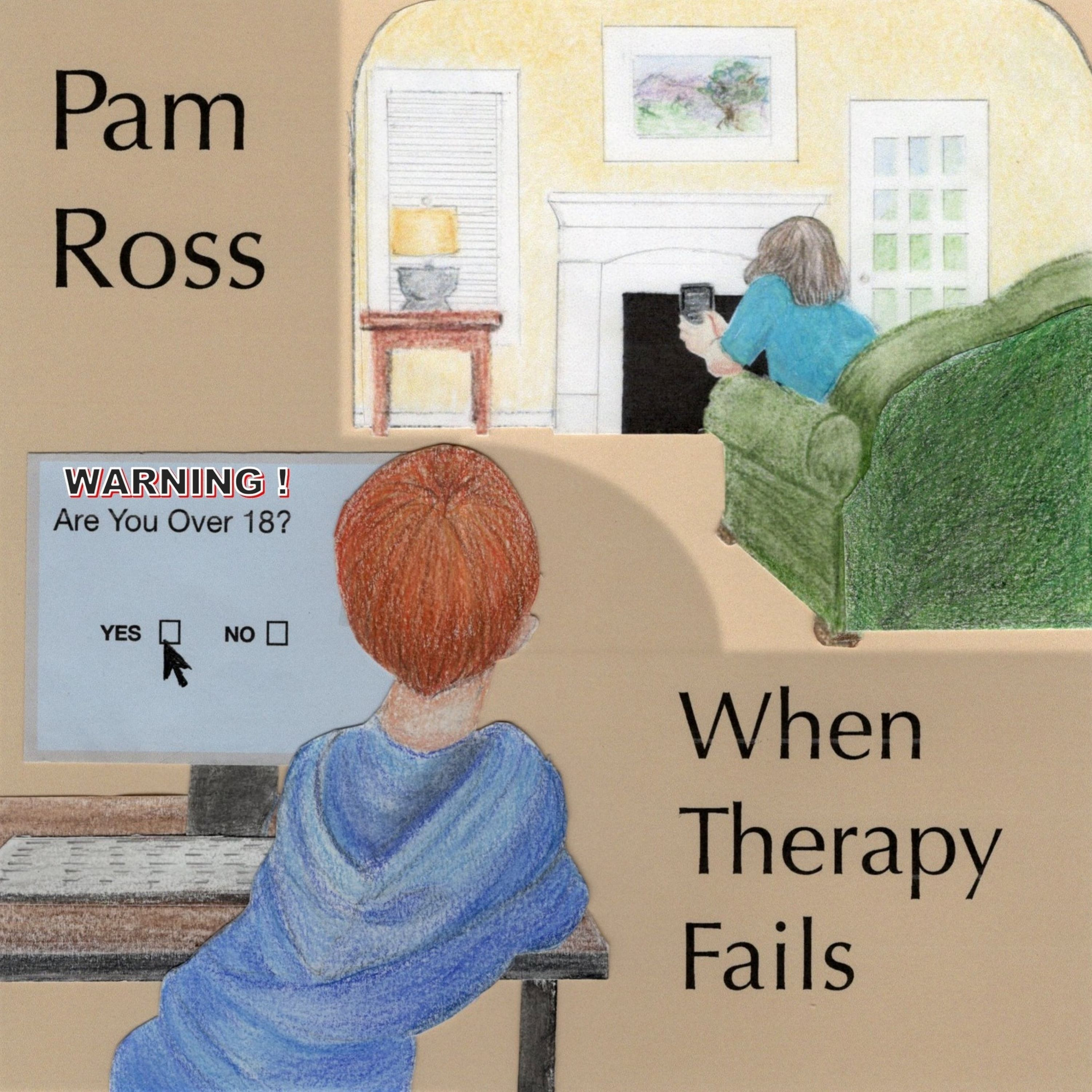

Music
Open Mike Eagle’s Absurd ‘Headass (Idiot Shinji)’ Video Explains How Black People Talk
With help from Jak Knight and Video Dave, Open Mike breaks down how overthinking makes headasses of us all. …
In the new video for “Headass (Idiot Shinji)” from his album Anime, Trauma, And Divorce, Open Mike Eagle recruits comedian Jak Knight (who’s crafted a niche lane for himself as rap’s go-to cameo comic) to break down the meaning behind the slang term in a segment titled “How Black People Talk.” After a fed-up Professor Jak reaches his limit of explaining the phrase — which doesn’t take long — he pops in a VHS (ah, nostalgia) of the actual music video and lets Mike and Video Dave do the talking.
Because Open Mike Eagle has such an absurdist streak, he naturally appears as a person with a literal gluteus maximus on his cranium to lead a “headass support group.” Lyrically, Mike and Dave recount some of their headass, over-analyzing moments from past relationships and their anxieties about their rap careers.
If I can be headass for a moment here, I feel like I need to explain where the “Idiot Shinji” portion of the song’s title comes from for those readers not well-versed in the first item from Mike’s album title. In the anime Neon Genesis Evangelion, which is about (among other things) a lot of trauma and the ways people deal with it (or refuse to), the lead character, teenaged robot pilot Shinji Ikari, is nicknamed “Idiot Shinji” by his fellow teenaged robot pilot Asuka Langley due to his tendency to overthink pretty much every situation he finds himself in — including the life-or-death ones they frequently encounter as the pilots of giant robots.
So, it all ties together with the theme of anime and trauma and general headassery, which is something Open Mike Eagle is very good at doing on his new album Anime, Trauma, And Divorce. The album’s out now on Mike’s own Auto Reverse Records and you can listen to it here. You can also watch the classic anime Neon Genesis Evangelion on Netflix, but unless you too would like to be traumatized, I don’t recommend it.
Stay updated! Click the Google News follow button for more news and updates.
Follow on Google NewsArtist Spotlight
Naomi King unveils the seductive truth with her new single, “Fetish”

Naomi King bares her soul in “Fetish,” the electrifying lead single from her latest album, Black Water. King explores the murky depths of manipulative relationships and self-realization with a powerful combination of raw honesty and the unapologetic vulnerability of a tumultuous friendship.
As both the writer and producer of “Fetish,” King fearlessly confronts the unsettling realization about a friend who turned out to be exactly as she suspected. The song serves as a poignant anthem of empowerment, a declaration of reclaiming one’s identity in the face of deception. “Now I know who I am in the eyes of men – I’m a fetish,” she proclaims with chilling clarity.
The accompanying music video adds another layer of intrigue to the song’s provocative themes, embracing them with unabashed confidence and seductive edge. The production quality is impressive, although it occasionally teeters on the brink of excess, mirroring the song’s exploration of boundaries.
King’s multifaceted talent as a musician and artistic prowess are on full display from start to finish. Her ability to seamlessly blend elements of alt-rock with pop sensibilities creates a rich tapestry of melodious beat that’s as infectious as it is introspective. This sound envelops the listener and resonates deeply with anyone who has grappled with the complexities of manipulation and betrayal.
The song “Fetish” by King showcases the artist’s exceptional musicianship and artistic vision. King’s confident delivery and hard-hitting lyrics evoke a sense of catharsis, while the song’s enchanting sonic ambiance captivates its audience. Despite the unconventional nature of its lyrics, “Fetish” demands the listener’s attention and leaves an indelible mark. This must-listen auditory masterpiece is a testament to King’s remarkable talent and creative prowess.
For more information about Naomi King, please visit [website].
CLICK HERE TO STREAM Naomi King’s “Fetish“ on Spotify.
CONNECT WITH Naomi King | Instagram | Facebook |








